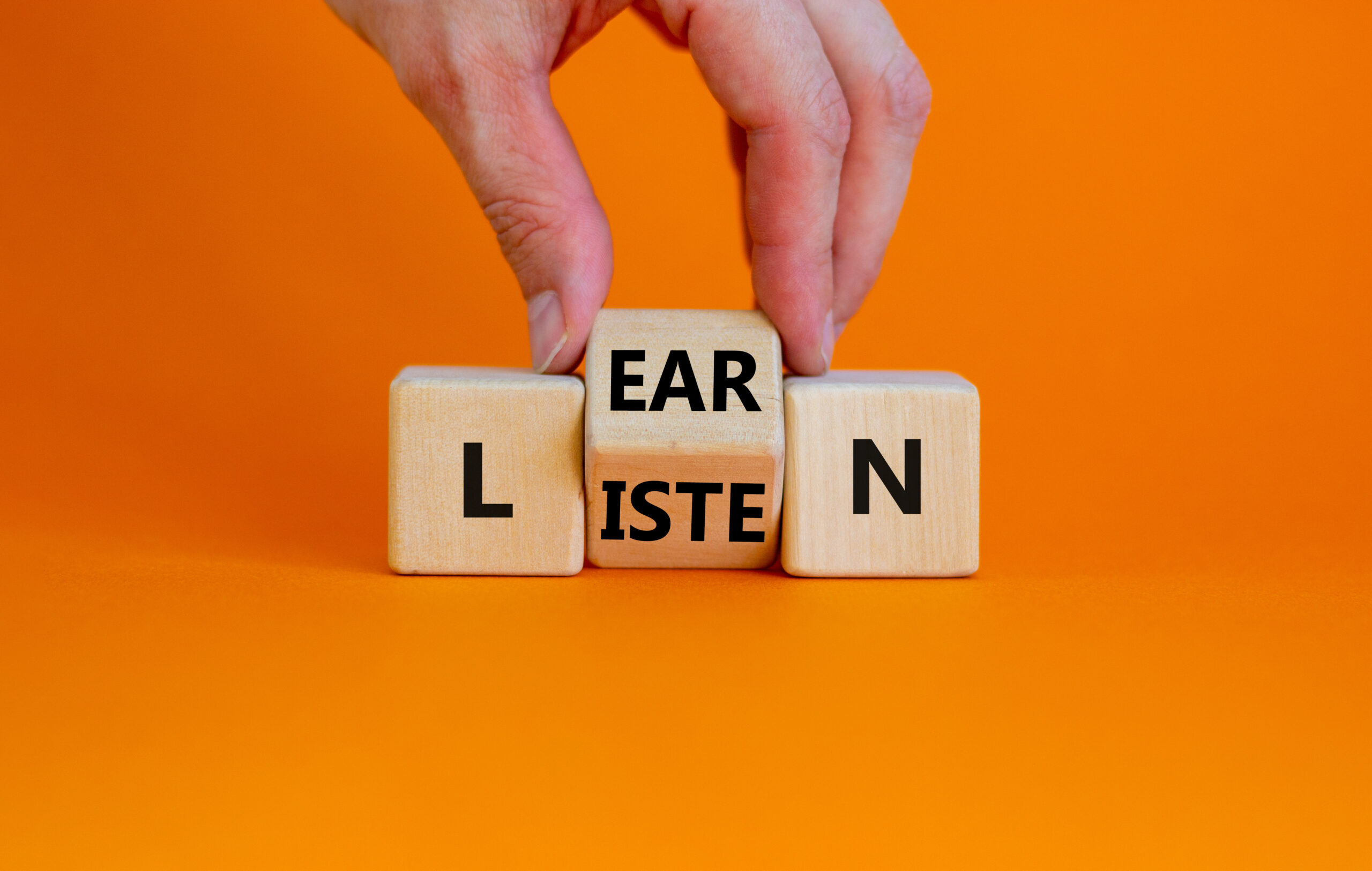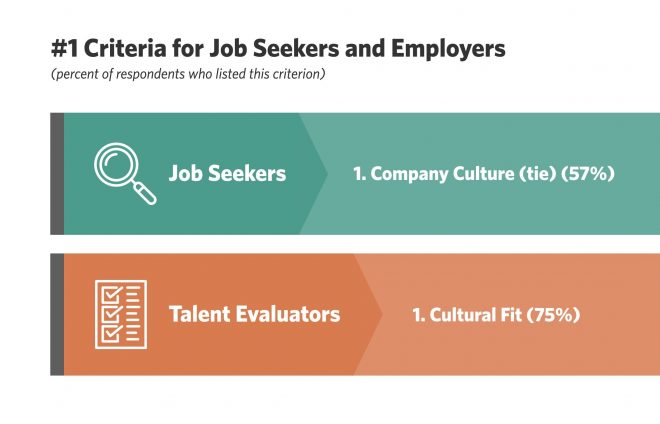
25th July 2024
Guest Post: 5 Ways to Improve Your Listening Skills

This article was written by Harvey Deutschendorf, Emotional Intelligence Expert, Speaker and Internationally Published Author of THE OTHER KIND OF SMART.
“The most basic of all human needs is the need to understand and be understood. The best way to understand people is to listen to them.” ~ Ralph G. Nichols ~
We tend to pay a great deal of attention to our ability to speak. From Toastmasters to an unlimited number of courses, workshops and training available we receive the message that speaking, especially public speaking, is a highly desirable, sought after skill. Public speaking is considered to be an essential ability for those who desire to advance their career in business and politics. In all the noise concerning the importance of speaking, listening is virtually ignored. Yet it can be argued that listening is every bit as important as speaking. In my latest book, Emotional Intelligence Game Changers: 101 Simple Ways to Win at Work+Life, www.theotherkindofsmart.com I delve deeper into the importance of listening. Everyone desires to be heard and understood. We reward people who provide us with those opportunities with our trust and loyalty.
Here are 5 ways to increase our listening abilities
1. Be fully in the moment
Have you ever been speaking to someone and find that they are distracted by something and not really listening to you? Likely you have and found it annoying, frustrating and disrespectful. At that point you may have become angry or shut the conversation down. When someone is speaking, it is vitally important to be fully present and in the moment with them. If something else is on your mind, like a call you have to make, or a text you need to answer, let them know, do what you need to and tell them you are now ready to listen. When listening, pay attention not only to the words, but the tone of voice, facial expressions and body language. This will give you information that will be as important as the words being spoken. A good way to let them know you are listening and really paying attention to them is to let them know how you are seeing their emotional state. You can say things like, you look worried, or seem agitated or really seem to be relaxed when you become aware of the emotions you are picking up from them.
2. Put yourself in their shoes
Whether you agree with them or even have an interest in what they have to say, it is important to them. Imagine yourself in their situation, wanting only to have someone listen to you. When they are speaking, make an effort to think of where they are coming from and why. Imagine what their life is like and what struggles they might be facing. People will appreciate that you made the effort to understand and really hear them.
3. Pick up key points and let the speaker know you did
Many people have trouble focusing on what someone is saying especially if they speak for longer than a minute or so. It is easy for our attention to drift to something else that we might find more interesting. If that’s the case, try to pick up a few key points in the conversation. After they finish talking, let them know that you heard them by mentioning the key points you heard them say and ask them to clarify anything that you did not understand. You will be forgiven for not being able to follow the whole conversation if the person talking believes that you made an honest effort and picked up some of what they were saying. If you are not sure of what they said as you let your mind wander elsewhere don’t try and bluff your way through and pretend you heard them. Instead admit that you lost them along the way and ask them to tell you again. They will appreciate your honest and sincere desire to hear them.
4. Practice active listening
Most people are thinking of how they are going to reply when someone is talking. Instead of doing that, try to focus completely on what the person is saying. Pretend that you will be tested on how much of what they were saying you heard and understood. A good exercise to practice is to sit down with a family member or a good friend and practice simply giving feedback to them about what you heard them say. You will notice that it gets much easier to focus on their words when you aren’t worrying about how you will respond. Another good practice that I have found is to be with people whose first language isn’t English. In my Toastmasters club we have quite a few members who are fairly recent immigrants. Their accent can make it difficult to understand them, forcing me to totally focus on what they are saying. Learning another language is another great way to force us to focus and practice active listening.
5. Develop a curiosity, open mind, and desire for continuous growth
People who are naturally curious see conversations as learning opportunities. They are always looking to discover or learn something new and see everyone they talk to as having the potential to teach them something. They are open to the idea that their own way of seeing things may not be the only, or necessarily the best, way and don’t feel the need to always defend their own point of view or way of seeing the world. These people are continuously looking for new learning opportunities and taking on new challenges. You will recognize these people as the ones who are signing up for courses, volunteering and trying new experiences throughout their lives. For them, listening to others becomes an easy and natural way to continue on their self-development journey.
The Inspiring Workplaces Awards are open!
3 ways to be Recognised: Organisations, Individuals and Vendors.






